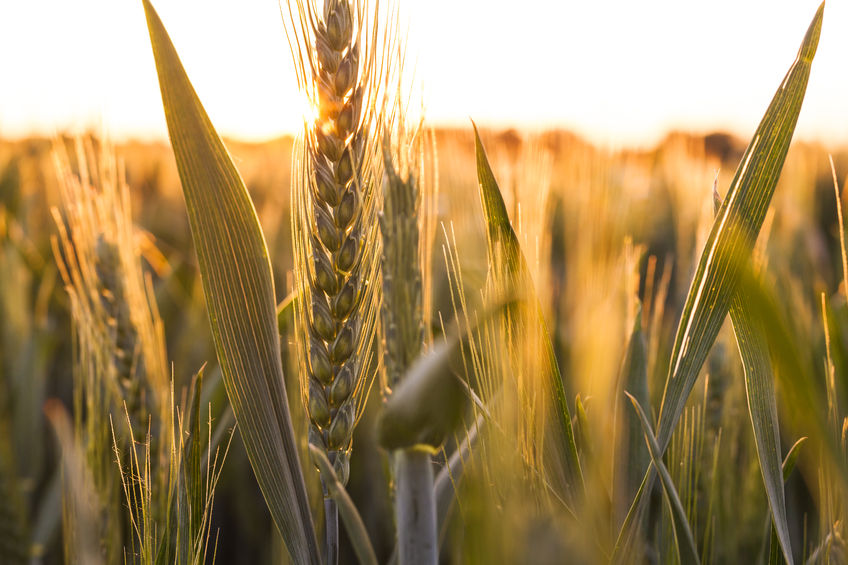
Mankind's future ability to feed itself is in jeopardy due to intensifying pressures on natural resources, mounting inequality, and the fallout from a changing climate, warns a new UN report.
Though very real and significant progress in reducing global hunger has been achieved over the past 30 years, "expanding food production and economic growth have often come at a heavy cost to the natural environment," says The Future of Food and Agriculture: Trends and Challenges.
"Almost one half of the forests that once covered the Earth are now gone. Groundwater sources are being depleted rapidly. Biodiversity has been deeply eroded," it notes.
As a result, "planetary boundaries may well be surpassed, if current trends continue," cautions Food and Agriculture Organisation (FAO) Director-General José Graziano da Silva in his introduction to the report.
10 billion people
By 2050 humanity's ranks will likely have grown to nearly 10 billion people.
In a scenario with moderate economic growth, this population increase will push up global demand for agricultural products by 50 per cent over present levels, projects the report, intensifying pressures on already-strained natural resources.
At the same time, greater numbers of people will be eating fewer cereals and larger amounts of meat, fruits, vegetables and processed food — a result of an ongoing global dietary transition that will further add to those pressures, driving more deforestation, land degradation, and greenhouse gas emissions.
Alongside these trends, the planet's changing climate will throw up additional hurdles.
"Climate change will affect every aspect of food production," the report says. These include greater variability of precipitation and increases in the frequency of droughts and floods.
A future source for food
The report states there are worrying signs that yield growth is levelling off for major crops.
Since the 1990s, average increases in the yields of maize, rice, and wheat at the global level generally run just over 1 percent per annum, the report notes.
To tackle these and the other challenges outlined in the report, "business-as-usual" is not an option, The Future of Food and Agriculture argues.
"Major transformations in agricultural systems, rural economies and natural resource management will be needed if we are to meet the multiple challenges before us and realize the full potential of food and agriculture to ensure a secure and healthy future for all people and the entire planet," it says.
"High-input, resource-intensive farming systems, which have caused massive deforestation, water scarcities, soil depletion and high levels of greenhouse gas emissions, cannot deliver sustainable food and agricultural production," adds the report.
Sustainable food systems
The report says the world will need to shift to more sustainable food systems which make more efficient use of land, water and other inputs.
It urges countries to sharply reduce their use of fossil fuels, leading to a drastic cut of agricultural green-house gas emissions, greater conservation of biodiversity, and a reduction of waste.
This will necessitate more investment in agriculture and agrifood systems, as well as greater spending on research and development, the report says, to promote innovation, support sustainable production increases, and find better ways to cope with issues like water scarcity and climate change.
